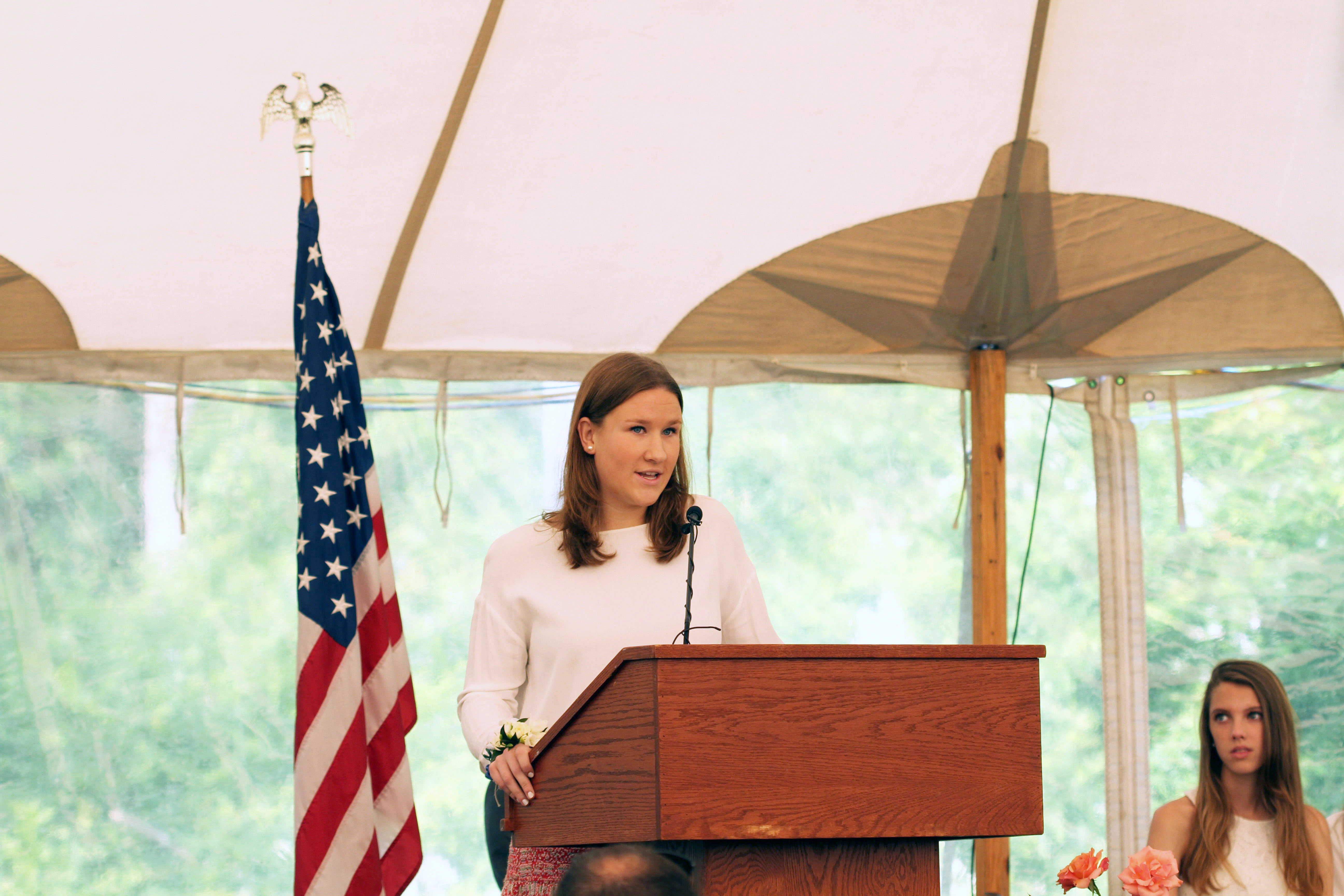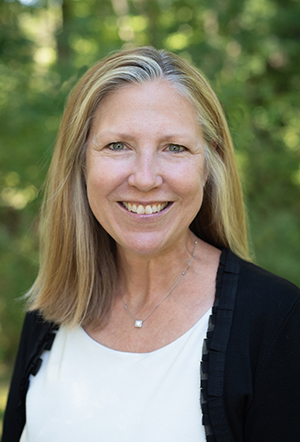Trudy Holmes graduated from The Willow School in 2015. After Willow, she graduated from Episcopal High School and is now a freshman at the University of St. Andrews in Scotland. Trudy is currently studying management, international relations, and art history. She plans to apply these skills to a career in international marketing after college. When asked about her time at Willow, here’s what Trudy had to say:
In college thus far, many of my friends have commented, “I feel like the reason you’re smart is because of Willow.” It’s genuinely true. Throughout my education I’ve seen how crucial primary education is. In high school, I learned how to, say, write a research paper or delve into new disciplines; yet, the main way I have found academic success is from the critical problem solving that I fully credit to Willow. Problem solving was a ubiquitous trait amongst Willow students. Academically, our classes were structured around critical thinking — we were taught to truly think and engage, not just know. Emotional and interpersonal growth was almost equally weighted with the importance of academics. Through the emotional intelligence we were taught, we could draw more connections and therefore distinguish ourselves as thinkers — even when we were only 10 years-old. Socially, surface relationships did not exist, which meant that we all left with great skills in conflict resolution.
Willow reshaped education to not simply be an institution or a place you were required to go during the day. Rather, my Willow education was something that transcended the walls of the school buildings and existed as a fun, daily exploration of the world around me. Learning became a continual mindset that I, as well as my classmates, embraced and loved. School was not a chore, but rather something I have and continue to look forward to.
Learning at Willow was about exploration and not letting any concept pass by without full dissection. We were taught the importance of having a holistic understanding — made possible by the small class sizes and flexible curriculum. During high school, it would greatly frustrate me when my classmates would say, “You just have to know it, you don’t have to know why.” I wanted to know every why, and shallow learning seemed to neglect the purpose of education: to have a full understanding of the world and your role within it. My Willow experience fully embodied this view on education.
Additionally, the focus Willow placed on the environment served as a mechanism for exploration and aided in our understanding that we could learn beyond the confines of the schoolhouse. Every class, and even recess, incorporated an element of the environment. Whether it was a Science class that we spent studying the pond on campus, or a Language Arts class outside where we wrote poetry about our natural setting, or recess when we would trade onion grass, the currency of our forest society, our minds were attune to the size and scope of the world and the integral role we each play within it.
At Willow, complex topics were not withheld from any student based on some categorization of intellect. Concepts such as identity, the importance of community, or even globalization were constant topics of conversation, starting in Kindergarten and progressing through to Eighth Grade. Everyone partook and was heard in the discussions because we all understood the importance and power of individual perspectives. As the virtues program was a core tenet of the Willow education, we internalized ideas of respect, honesty, and many others. This allowed our more abstract and personal dialogues to be open, honest, and formative. Also, we were all shepherded to understand that we all had a level of intellect — even though it may be stronger in certain areas. Some of my friends were masters at building the stick forts for our forest society, even if they were not the strongest at grammar. But this talent was not diminished. We all maneuvered through our education, learning our strengths and helping one another in the areas that we were best at, creating an environment of cooperation, collaboration, and connectedness.
Cumulatively, I’ve found that much of my success stems from the problem solving, critical thinking, and focus on connection that Willow instilled in me. Throughout my educational career, I’ve distinguished myself from my peers through the skills that Willow taught me. Anyone can do research or comment on an issue, but the important synthesis and analyzation that makes great work is something that must be fostered — and it is at Willow. I believe that primary education is all about growing our ability to truly think, because to independently think is perhaps the greatest skill one can have. The rest can be learned later, but we have a finite number of elementary and middle school years to learn certain integral traits like critical thinking that will be harder to learn later.
Personally, I would not trade my Willow education for anything. It was the most formative nine years of my life. Willow has taught me numerous lessons that have given me confidence, respect, humility, generosity, and so many other invaluable character traits that I am so incredibly grateful for.
Thank you for sharing your “Why Willow” story, Trudy! Read more of our alumni stories here. If you are a Willow alumni and would like to submit a testimonial, or be featured in our Alumni Newsletter, contact Willow’s Alumni Society Coordinator, Madie Schulte, at mschulte@willowschool.org.



